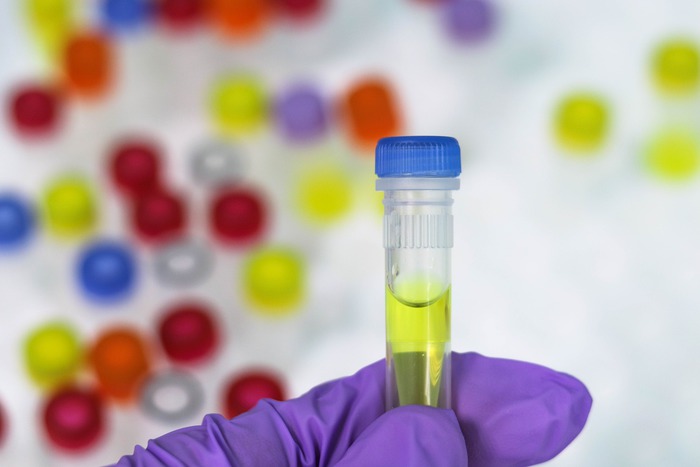In 20 years, the number of patients responding to cancer therapies already in phase I studies has doubled, from 9.6% to 18%, as demonstrated by a study by the National Cancer Institute published in The Lancet. These trials, once limited to providing an initial evaluation of the safety and tolerability of drugs, have increasingly taken on a therapeutic role, also allowing for the rapid approval and availability of innovative treatments at the end of the first level of clinical research. And the number of phase I studies in Italy is clearly increasing: in 2022 there were 126, 19% of the total (662), up 8% in two years. Of these, phase I studies against tumors were around 50, to exceed 100 in 2023. And oncology is the area in which the greatest number of trials is concentrated, 40%. To provide young researchers from all over the world with the tools to understand the methodology of clinical trials and implement research ideas, the Italian Association of Medical Oncology (Aiom) organizes in collaboration with the American Society of Clinical Oncology (Asco) the second edition of the ‘Clinical Research Course’. Aiom financially supported not only the enrollment in the course of all the selected participants, but also the travel expenses for some researchers coming in particular from more disadvantaged countries. “We want to make young researchers protagonists in the planning of clinical studies – states Aiom president Francesco Perrone -. Teaching the methodology stimulates the ability to carry out independent research, which can mature especially in the late phases of trials, such as ‘real world‘ ones ‘”. Unfortunately, he notes, “from 2021 to 2022, in our country clinical trials not sponsored by the pharmaceutical industry have decreased by approximately 7%. There is a lack of resources and personnel.” In twenty years, however, “the therapeutic value of phase I studies has increased because we are able to define the molecular and genetic profile of tumors and patients are involved in whom it is presumed that the new molecules may be effective – states Giuseppe Curigliano, member of the Aiom national management -. These treatments are characterized by a sort of identity card, which allows them to be directed to the right patient”. In particular, underlines the president of the Aiom Foundation Saverio Cinieri, “the American and European regulatory bodies in recent years have approved some drugs, such as immunotherapies for the treatment of tumors, even only after phase I, with the aim of making them available in a very short time, especially in the absence of therapeutic alternatives. On the one hand, this is a positive sign, because it highlights the extreme rapidity of scientific progress, but on the other hand, great caution must always be exercised because, if some phases are eliminated, it becomes then it is more difficult to establish the relative value of new treatments”. “It is the task of scientific societies such as Aiom and Asco to ensure that drug approvals are timely, but not premature, as the values to be respected are evidence-based medicine, the right to treatment of individual patients and the sustainability of the healthcare system – warns Massimo Di Maio, president-elect of Aiom -. The immediate availability of therapies after phase I should correspond to particular cases in which a truly innovative character is accompanied by solid evidence of benefit and the urgency of patients who have no alternatives” .
(SEE THE INTERVIEW WITH THE ONCOLOGISTS OF MAIO AND CURIGLIANO IN THE ‘INTERVIEWS’ SECTION)
breaking latest news © Copyright ANSA
